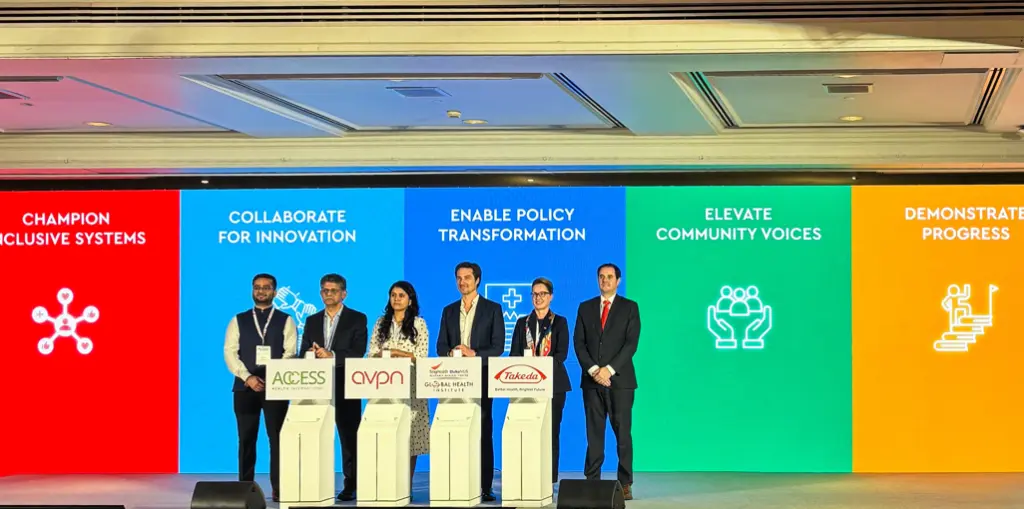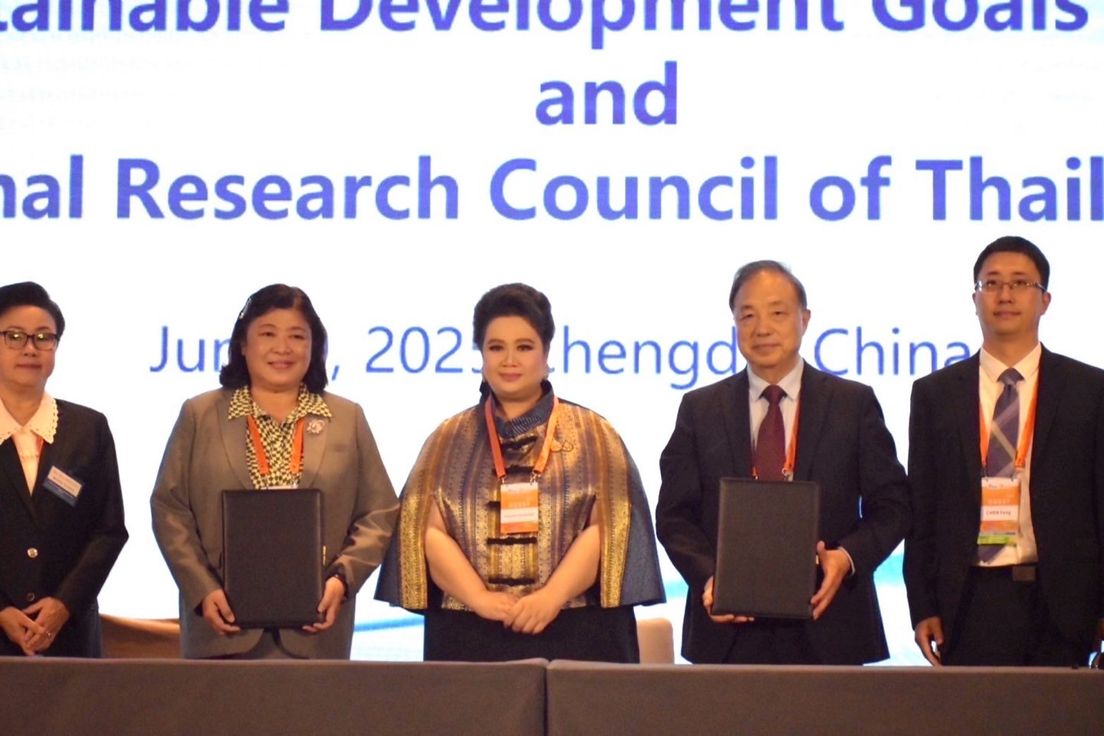A network of public and private sector partners, non-governmental organizations (NGOs), academic institutions, patient advocacy groups convened at the inaugural Southeast Asia Access to Medicine Summit (SEA AtM Summit) to address a critical and persistent challenge: ensuring sustainable and equitable access to innovative medicines for the region’s underserved communities. The first in the region, Access Health International, AVPN, and SingHealth Duke-NUS Global Health Institute joined hands with Takeda to host the SEA AtM summit in Bangkok, aimed to foster collective efforts to overcome access barriers in the region, and commit to co-create actionable solutions that drive systemic and impactful change.
According to the World Health Organization (WHO), progress toward universal health coverage (UHC) has stalled since 2019 . Many continue to grapple with fragile health care infrastructure, facing significant gaps in screening, diagnostics, and treatment availability. Addressing these challenges requires a unified effort from governments, health organizations, and industry leaders to drive sustainable solutions and ensure patients receive appropriate treatment and gain efficient, equitable, and sustainable access to essential medicines equitable access to health care for all patients.
The session started with the Voices of Hope, a sharing from Ms. Sirintip Kudtiyakarn, President of
Thai Cancer Society, Thailand, “Patients face many challenges beyond their physical illness. These include high treatment costs, limited access to medicines, and equitable access to healthcare services, particularly for cancer patients and those with other serious illnesses who require close monitoring and diagnosis by specialists. The Southeast Asia Access to Medicines Summit serves as a platform to amplify the voices of patients, raise awareness within the broader community and particularly to stakeholders with a crucial role in shaping national policies. I believe that all patients in Thailand, regardless of their socioeconomic status, should have the right to timely and equitable medical treatment. Such progress will ultimately contribute to the continuous improvement of the Thai healthcare system and meet the needs of more patients.
Ms. Orajitt Bumrungskulswat Assistant Secretary General, Heart to Heart Foundation, Thailand, mentioned the growing role of Patient Experience Data and patient voices in shaping global public health policies. She emphasized the need for collaboration among government agencies, the private sector, civil society, and patient advocacy groups to drive healthcare equity and ensure universal access to essential treatments. In Thailand, such collaborative efforts have been widely embraced, leading to numerous successful initiatives aimed at expanding access to medicines and vaccines. However, continued public-private collaboration needs to be strengthened, particularly for patients with rare diseases, where the financial affordability of treatments and limited patient number pose challenges. Establishing appropriate mechanisms that ensure sustainable access to essential medicines and treatments will be vital to ensuring no patient is left behind.
Dion Warren, Area Head of India & Southeast Asia, Takeda Pharmaceuticals mentioned that “Despite advancements in healthcare, far too many people in this region still struggle to get the care they need when they fall sick. As an innovative biopharmaceutical company, we acknowledge the important role we can play in breaking down the barriers to access for patients. But the reality is that no single organization or sector can solve these challenges alone. It takes collaboration – from governments, private sector, NGOs, academic institutions, patient organizations, and civil society – all working together to dismantle barriers and create real, systemic change.”
A key highlight of the summit was the Southeast Asia Access to Medicines Pledge, a commitment by all partners to drive long-term, sustainable change in the region with an opportunity for more stakeholders across the industry to join in. This pledge includes
1. Champion inclusive healthcare systems – Engage and mobilize stakeholders across the healthcare ecosystem, including governments, industry, civil society, and communities, to prioritize equitable access to medicines.
2. Collaborate for innovation – Forge and strengthen partnerships that enable scalable solutions addressing diseases and conditions disproportionately affecting populations in SEA.
3. Enable policy transformation – Advocate for evidence-based policies that remove systemic barriers to medicine access and strengthen healthcare systems in the region.
4. Elevate community voices – Ensure that the perspectives of the most affected communities are integrated into decision-making processes, working in collaboration with key partners.
5. Demonstrate progress – Support the creation of a concrete, measurable roadmap with achievable milestones that will track and assess improvements in access to medicines across SEA.
[ad_1]
Source: NNT



